#durga puja
Text
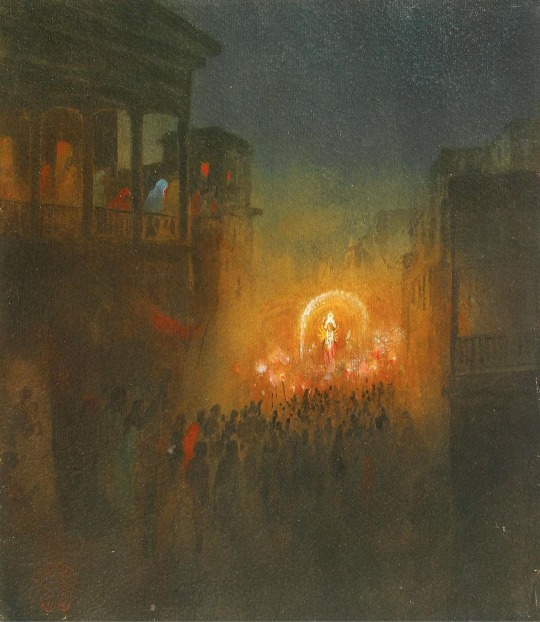
Gaganendranath Tagore. Pratima Visarjan, 1915.
#gaganendranath tagore#art#paintings#indian art#durga pujo#durga puja#kolkata#bangla tag#bengali#bengali art#south asian art#impressionism
113 notes
·
View notes
Text
october november december. they pass by so fast but its heavily decorated with joy and pleasant moments. i love to look forward to them because of all the things they have in them, but once we reach january the first month goes away in looking back to these months and wishing i could go back and have the same kind of fun again
#diary#shitposts#october#november#december#early winters#and they are filled with festivities#diwali#durga puja#lakshmi puja#halloween#school festival#childrens day#christmas#new year#oh my god#im so ready
91 notes
·
View notes
Text

বাঙালির দূর্গা পুজো
#aesthetic#durga pujo#durga puja#durga#ma durga#photography#moodboard#writing#bengali#bong#desi#desi tag#desiblr#being desi#kolkata#calcutta#love#india#art#art for the sake of art#joy#happy#festival#puja#mahalaya#beauty#dark academia#messy layouts#indian#heritage
88 notes
·
View notes
Text
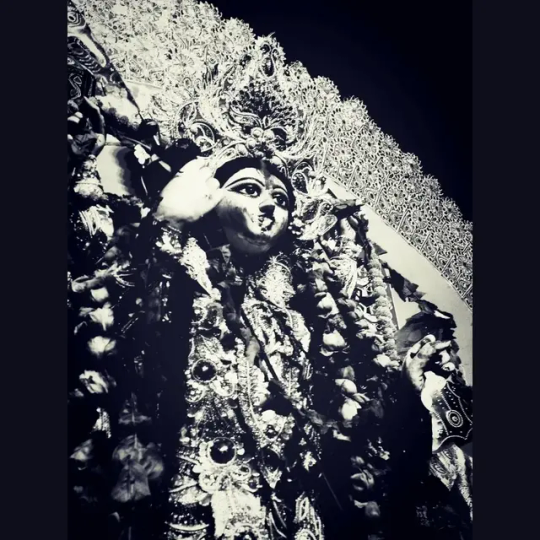
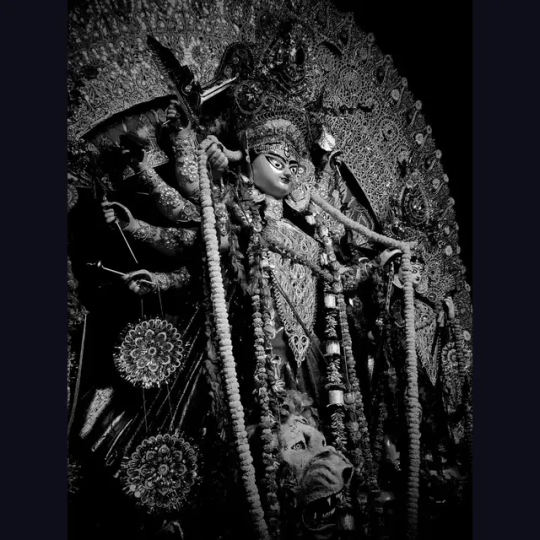
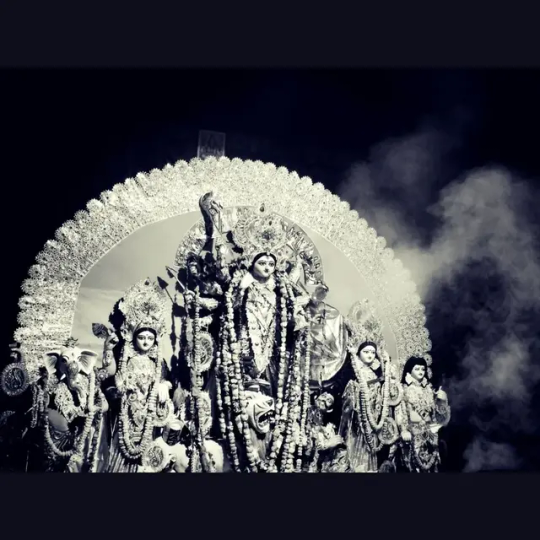

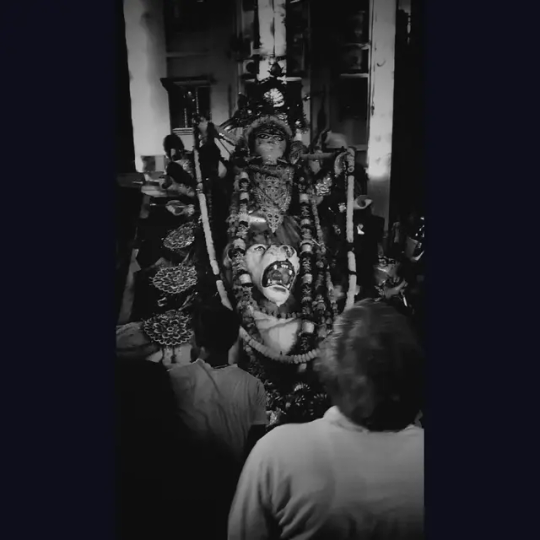
Looking back at the pujos of yesteryears.... A mobile camera can capture such beautiful memories.
#pujo ashchheeee#durga puja#original post#aesthetic#moodboard#desiblr#desi tag#hindu mythology#durga pujo#bengblr#bangla tag#kolkata#kolkata aesthetics#devipaksha diaries#monochrome aesthetic#monochrome#urban photography#photography#monochrome photography#mobile photography#festivals#festival#goddess#mother goddess#devi#shakti#durga
90 notes
·
View notes
Text

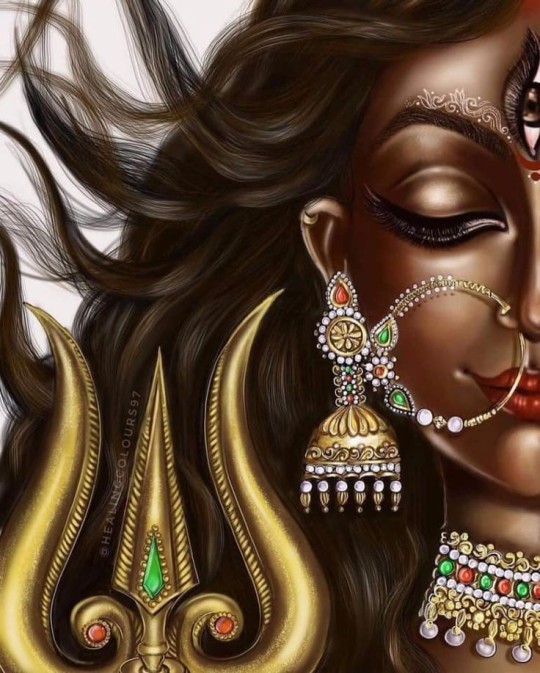
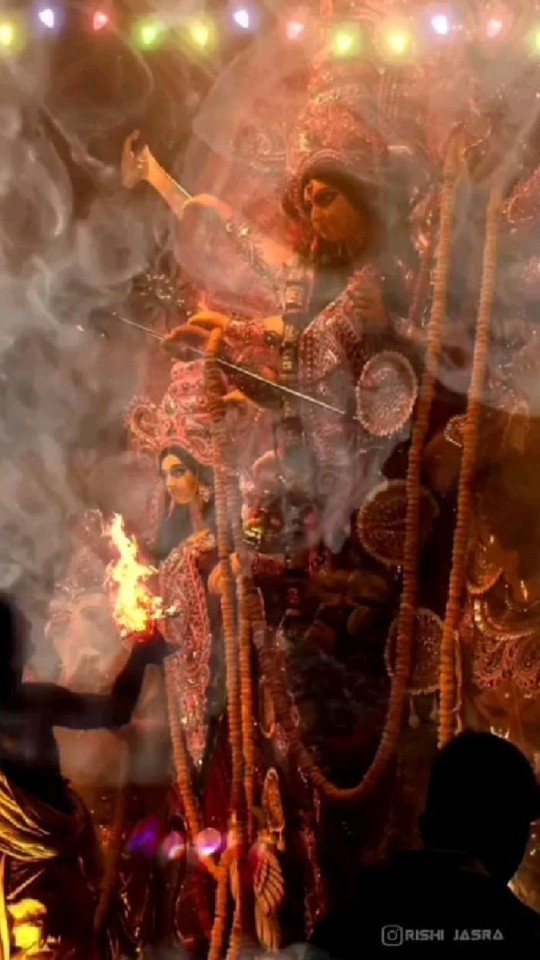

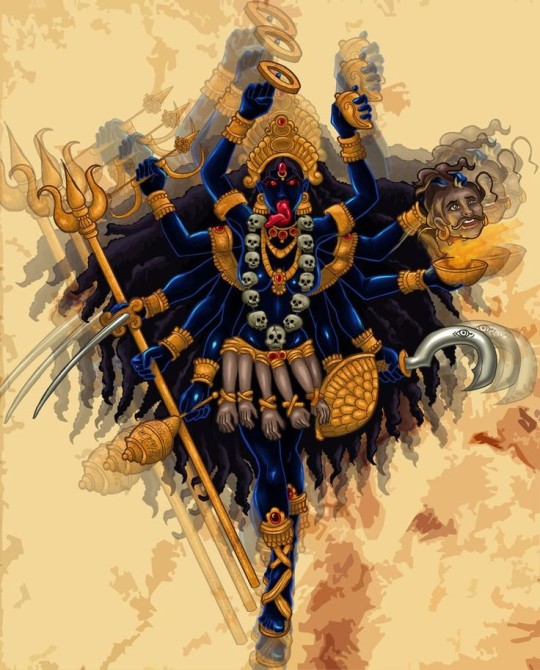
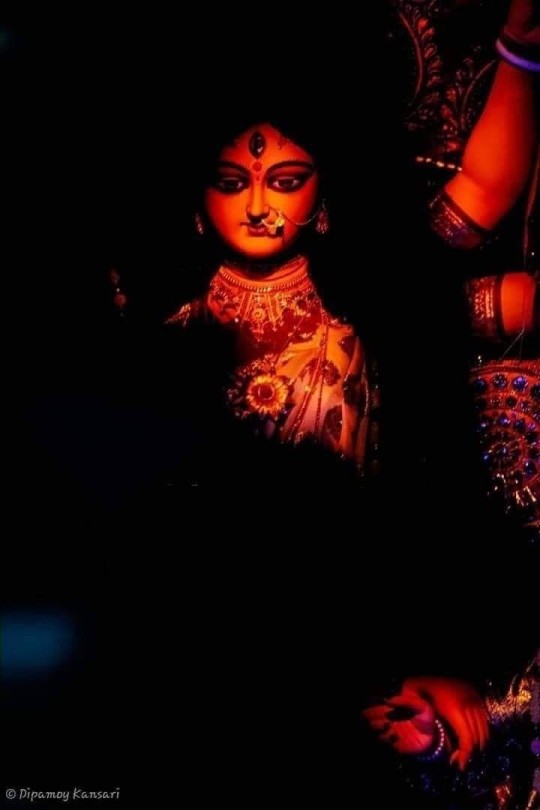
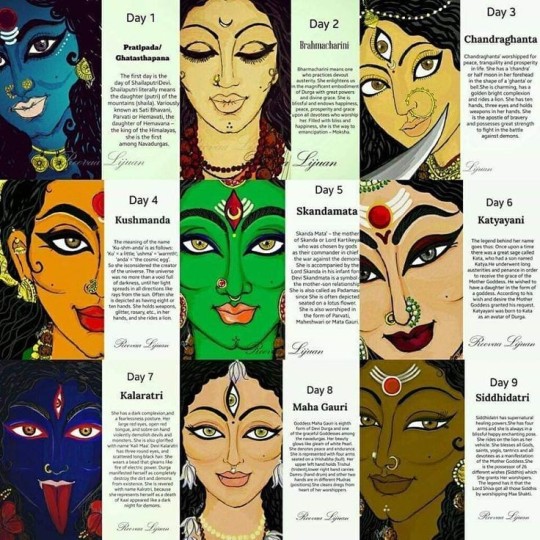
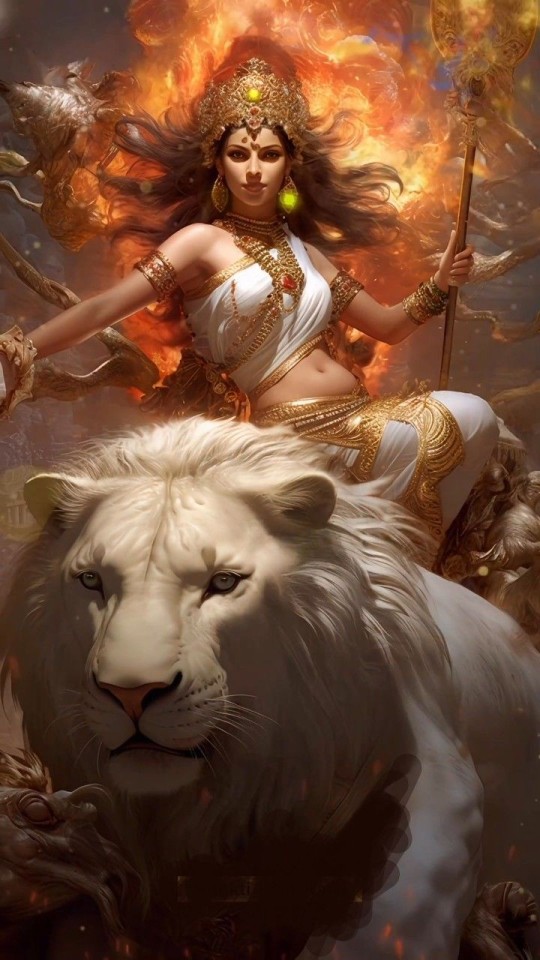

माँ।❤️
54 notes
·
View notes
Text
you know that? i am so excited about october and pujo. i am excited to go pujo shopping, i can't wait to lie in bed at 5 in the morning listening to mahalaya, i am excited to watch my neighbourhood light up in strings of yellow lights, i am excited to go pandal hopping with friends and family, i am so eager to eat all the hearty bengali meals on all the five days, i am excited to wear sarees and jhumkas, i am excited for nabami night outs, i am excited for dhunuchi naach and even for bishorjon. though bishorjon will bring me all the melancholy, yet i am so excited. i can barely contain my excitement.
#desi tumblr#desi girl#desi#desi aesthetic#desi culture#durga puja#durga pujo#bengaliculture#bengali#bangali#bangla#festive#festivals#i am so excited for this#pujo ashchhe#pujo shopping#durgamaa#durgapuja#pandal hopping#im so excited
43 notes
·
View notes
Text
🌺🔅Jai Maa Durga🔅🌺
25 notes
·
View notes
Text
It's that time of the year again...
The city has been cleansed with the after showers of monsoon. Blue sky peeking through fluffy clouds resembling the cotton candy carried by the street vendors. The smell of durga puja coming in through the open windows. Standing outside Kumortuli is a small smiling face in shabby clothes and dirty hair. The departure of idols might be significant for the whole city, but not for the little boy whose father will be coming home after months of crafting the inanimate joy that would fill the city for the next 10 days.
The single mother spent her bonus on the little piece of jwellery she had seen her daughter longingly looking at in Gariahat. The transferred father took a few extra days off. A son remembered his father on the banks of the Ganges, while the recently widowed woman longingly glanced at the idol's red saree. They felt what the poets may describe as peace and happiness but for them it was just plain old durga puja.
She arrived with her children, shaking the whole city from its slumber, a ray of hope within the gloomy times. Every year she arrives with the same smiling face and listens to all our problems. To the lost boy trying to find his place in society, to the queer person trying to figure out why they were wrong, to the girl who never saw her father after that day in court, to the lady who never knew what happened to her daughter the night she went out with her friends. Lives filled with tragedy after tragedy lie at Maa's feet asking for a way ahead. Maa listens. She gives them hope and sometimes tragedies do go away. The boy lands a job while the queer person is invited back to their family. The girl recieves a gift from her father while the lady cries at the station,report in hand. Maybe not happy endings, but closure. That's what Maa gives. Hope is just the surface of the abyss of our mind which actually seeks closure.
The bright lights and bamboos wrapped in colourful clothes stand as a symbol of the hardwork of all those people who worked relentlessly to make this festival a pathway to overcome tragedy. The people live another day to fight, blessed by Maa.
At the break of dawn on Mahalaya, someone replaces the oxygen with adrenaline, and for 10 days, the city does not sleep.
#desiblr#mahalaya#maa durga#durga puja#october#bengali culture#bengali durga puja#bangaliana#desi tag#festival#just bangali things#bengali#durga pujo#durga maa#feelings#city of joy#kolkatablogger#kolkata#pujo things#writeblr
27 notes
·
View notes
Text
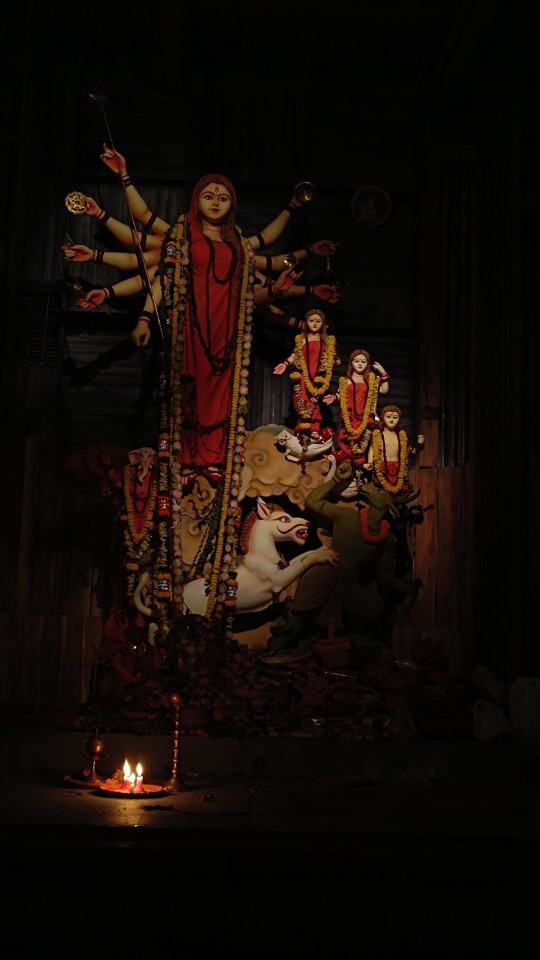


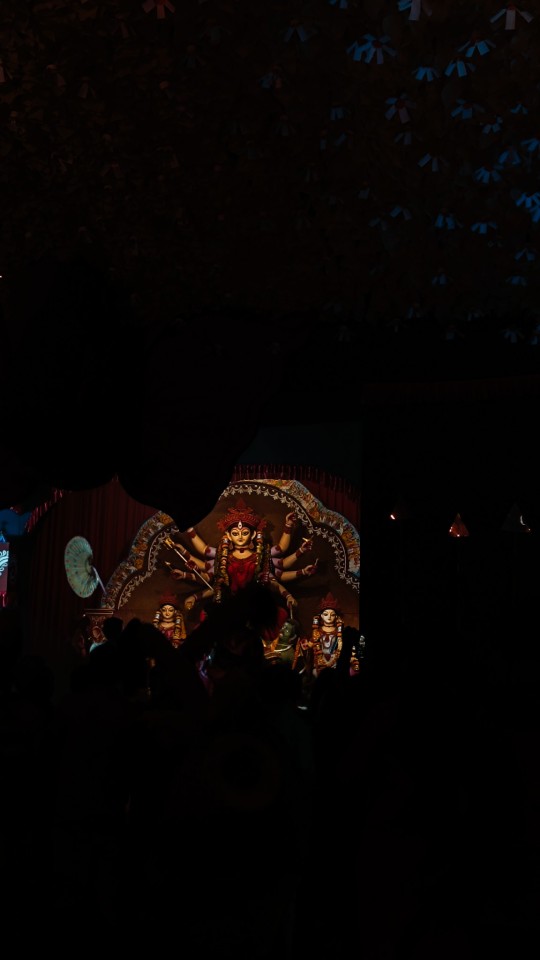

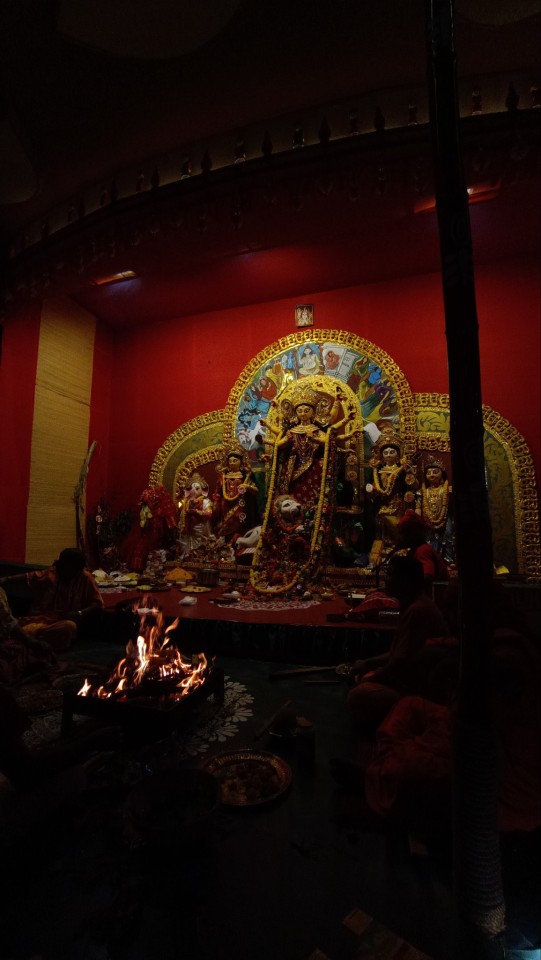
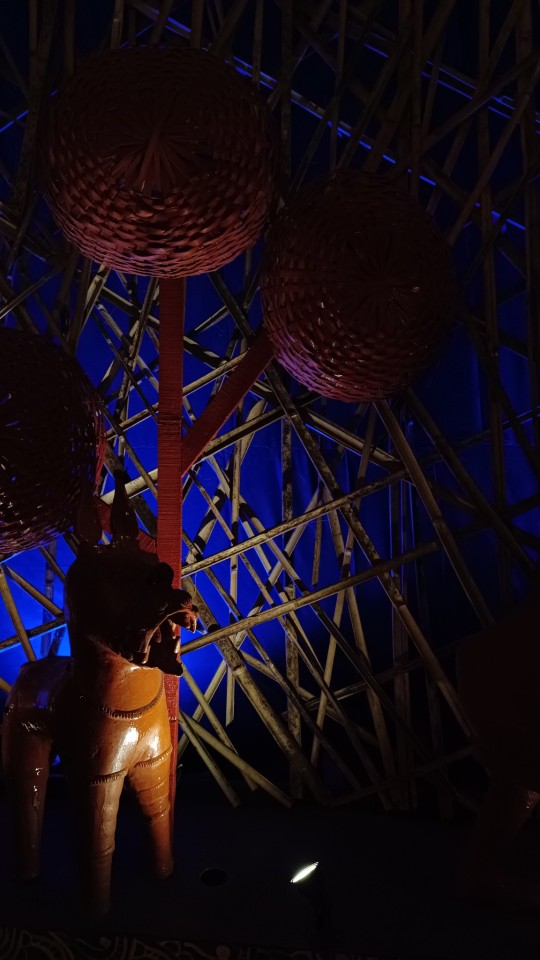


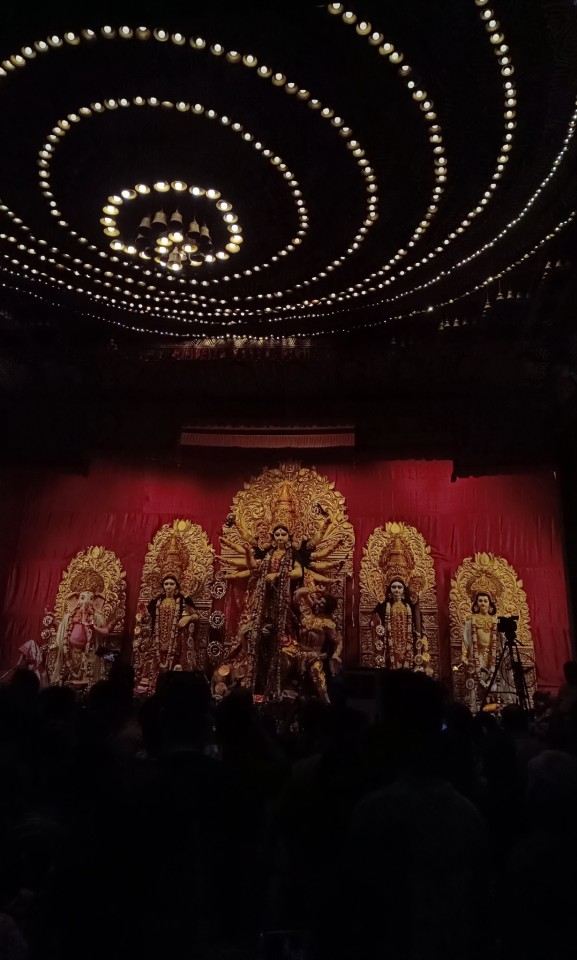
Kolkata. Durga Pujo '23.
#my photography#original photography#durga puja#durga pujo#kolkata#calcutta#bangla tag#bengali#bengal#india#desi aesthetic#p#desi tumblr#desiblr#desi tag
145 notes
·
View notes
Text
Mahalaya is so wild because you'd think waking up at 4am is some religious ritual, but no, it's entirely social. Some ninety years ago everyone just collectively decided that it's Absolutely Necessary to wake up at the ungodly hour of 4am every Mahalaya to. listen to a radio program. We Have to listen to it every year otherwise the economy will be in shambles
#mahalaya my beloved pujo my beloved#mahalaya#durga pujo#durga puja#bengblr#bangla tag#bengali#shitpost#peevesie speaks
204 notes
·
View notes
Text
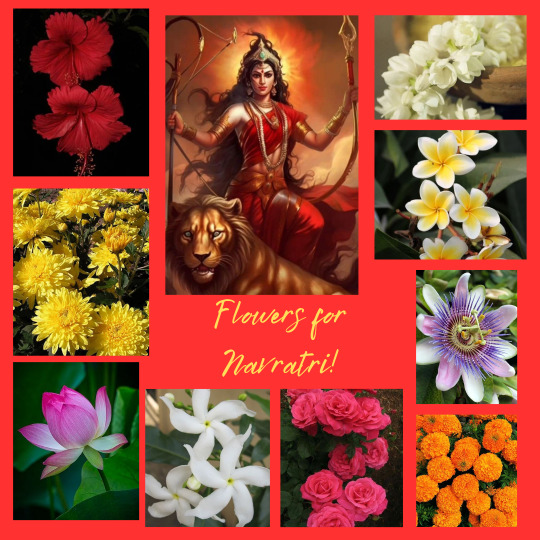

21 notes
·
View notes
Text
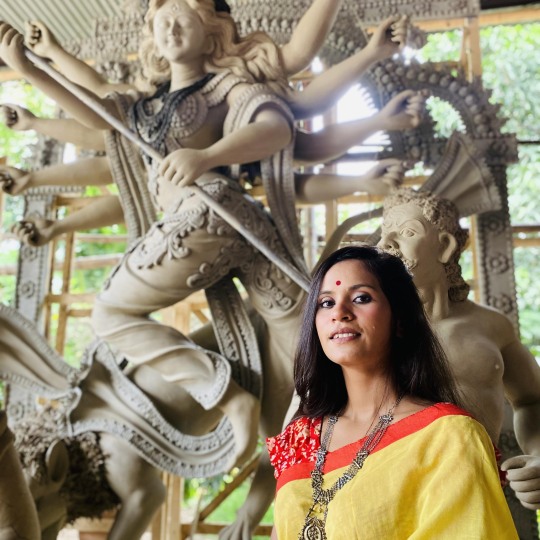
Soon..
#myself#saree#sareeblogger#sareefashion#women clothing#traditional clothing#bangladesh#desi#me#bangali#durgapuja#durgamaa#durgadevi#durga#durga puja#puja#durga pujo
23 notes
·
View notes
Text
In the early hours of the morning, a 15 year old girl trudged out to the living room, pillow in hand, before light had even broken out over the horizon. It was 4:00 a.m. but the room was charged with a fervent sort of energy, a giddiness that finaly peaked when Birendra Krishna Bhadra's sonorous voice rang out with the first words- "আশ্বিনের শারদপ্রাতে".
It was মহালয়া- the beginning of 'দেবীপক্ষ'. I do not think that any words, except the ones privately spoken by each Bengali to Ma, of his wishes and woes, hopes and sorrows in silent prayers between the chants during Ashtami's Anjali, can convey the feeling in his heart as one by one, all the houses are filled with 'আগমনীর গান' while the sun slowly creeps into sight like a sleepy child unable to stay away from the excitement of all his aunts, uncles and older cousins huddled outside infront of the radio with tumblers full of steaming, milky tea.
There is a certain quiet beauty in the knowledge that every year since 1931 when the show first aired, Bengalis within Kolkata and without have been dutifully waking up at 4 o'clock to welome our Maa home. A five year old girl rubs her drowsy eyes infront of the radio as she hears the voice she will learn to eagerly wait for throughout the year when she grows older, for the first time. Lying propped up on the cushions in her hospital bed, much to the protest of her nurses, her great grandmother ruefully smiles when she realises that it would be her last time, and for a glorious hour and a half, the pain of the cancer in her liver bows down to মহিষাসুরমর্দিনী. A large joint family gathers in front of the antique record player, with endless cups of tea and aluminium tins of biscuits under the arches of their ancestral home in North Calcutta, where only a few days later, they would welcome their very own Ma Durga. In the servants' quarters, the 'rannar thakur' sits on the front steps of his tin roofed home with his thin daughter and thinner wife, and his stomach's grumbles of hunger are drowned out by the music carrying from the record player. A Muslim boy, not daring to tell his orthodox father, cycles to his Hindu classmate's house before the sun rises to catch the first strains of Aagomoni. For মহালয়া does not merely mark the coming of Ma, it marks the advent of hope in the form of our ten-armed Goddess for every Bengali, irrespective of his age, social standing or religion. Even if it may be just an old recording playing from some houses on the streets, to me and to any Bengali, it seems more like on one magical day every year, all the clouds in the sky strike up a wonderful heavenly orchestra of voices, filling all the empty spaces in the sky, till Ma Durga herself comes to fill up the place waiting for her on the mandaps and in our hearts.
-Priya
#mahalaya#desiblr#durga pujo#durga puja#durga#radio#aesthetic#writing#quotes#original writing#writeblr#writers on tumblr#dark academia#kolkata#calcutta#india#ma durga#bengali#bong#desi#desi tag#being desi#kolkata tag#indian#puja#festival#joy#happy#literature quotes#love
16 notes
·
View notes